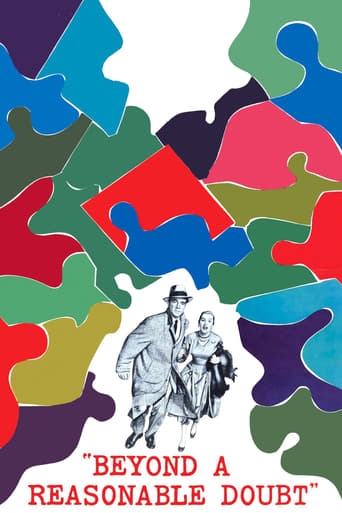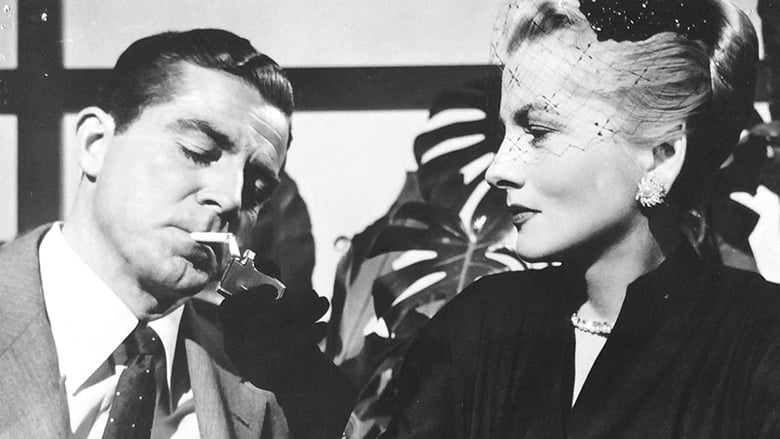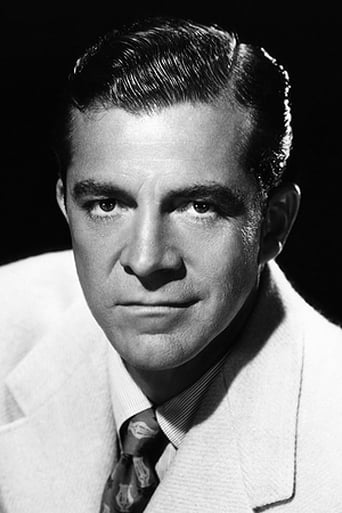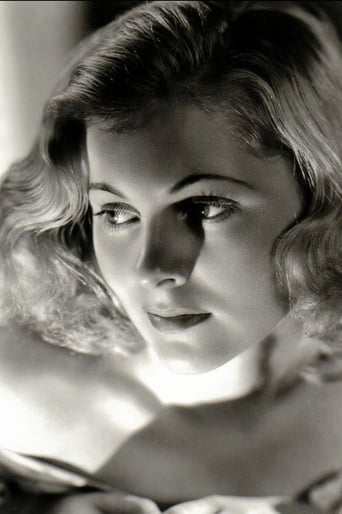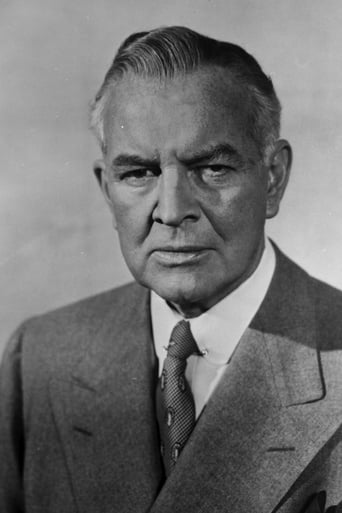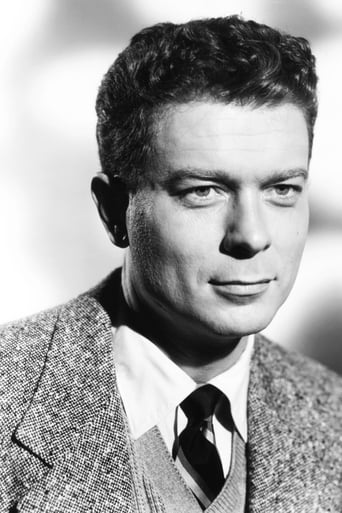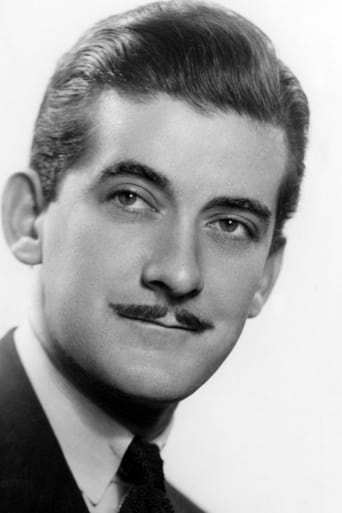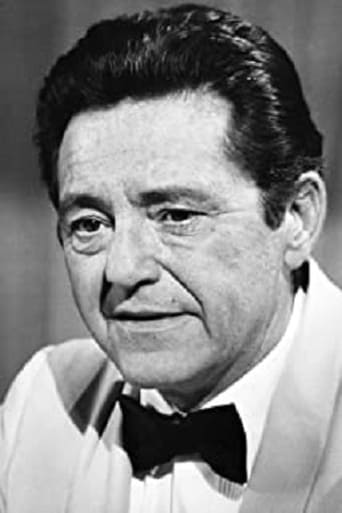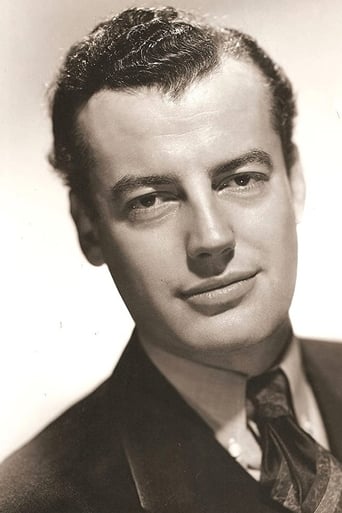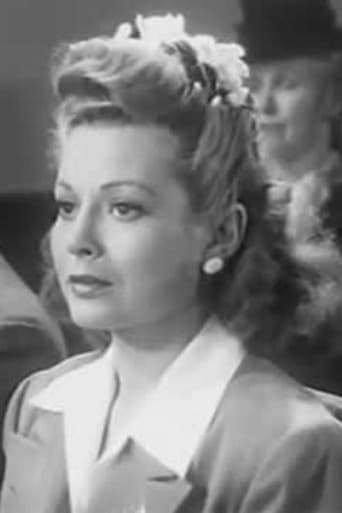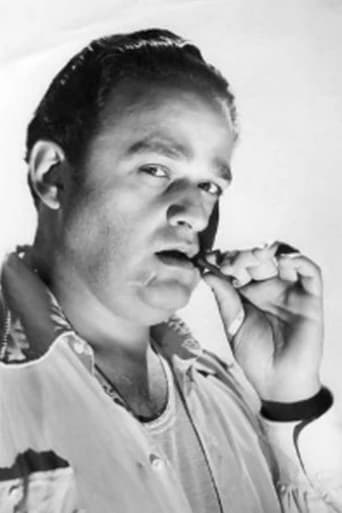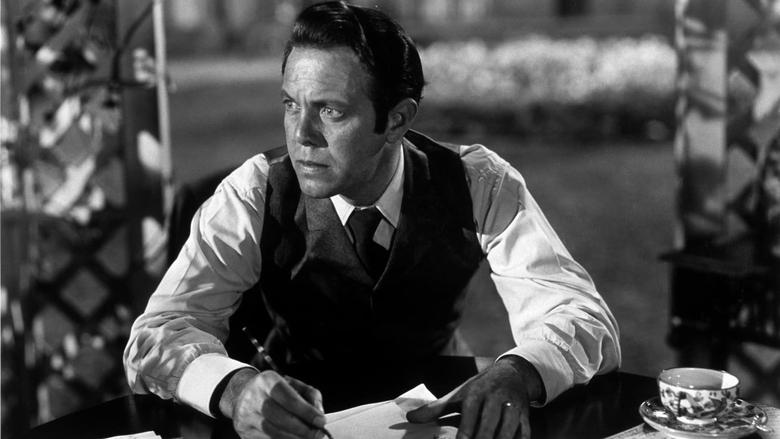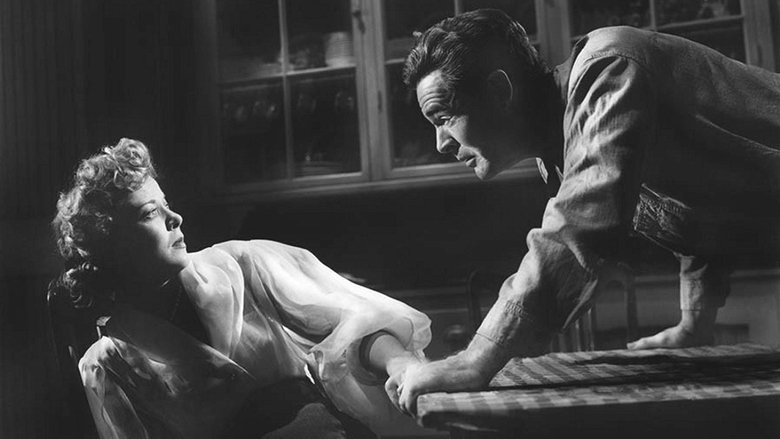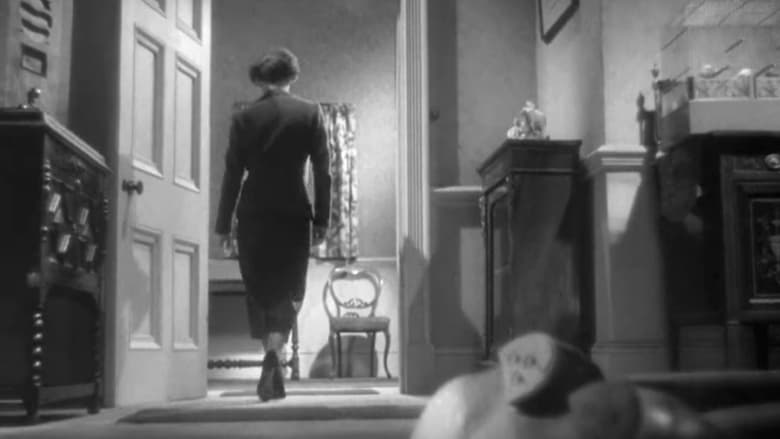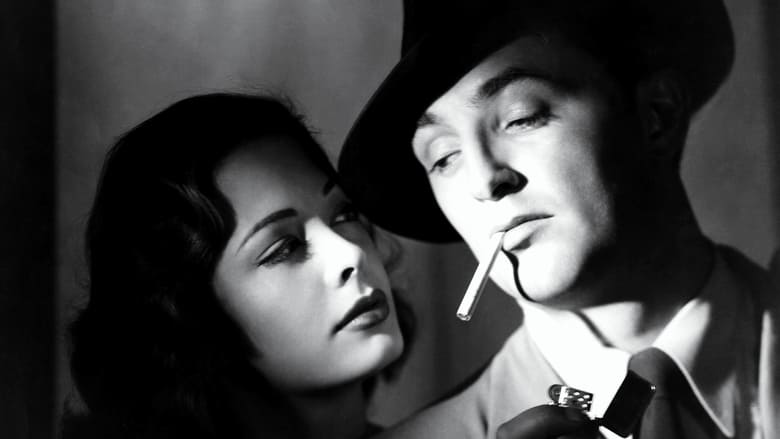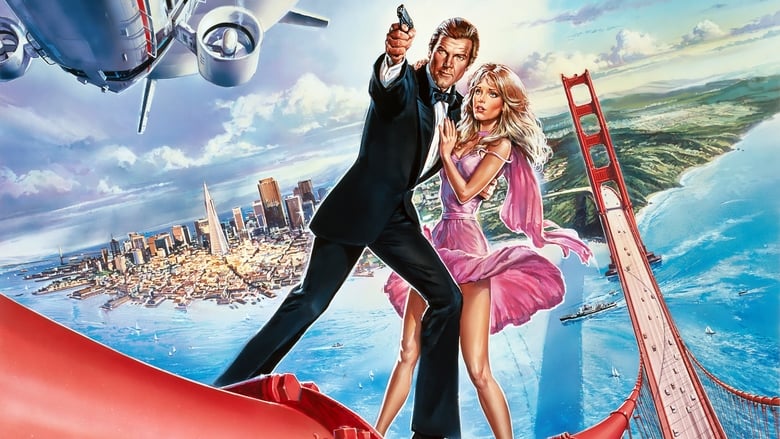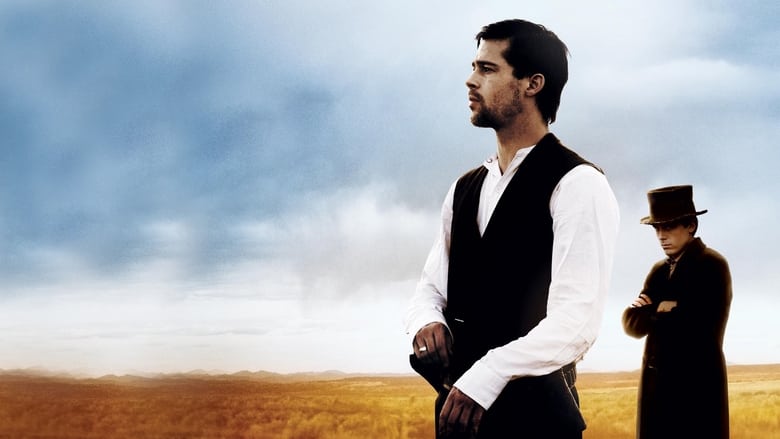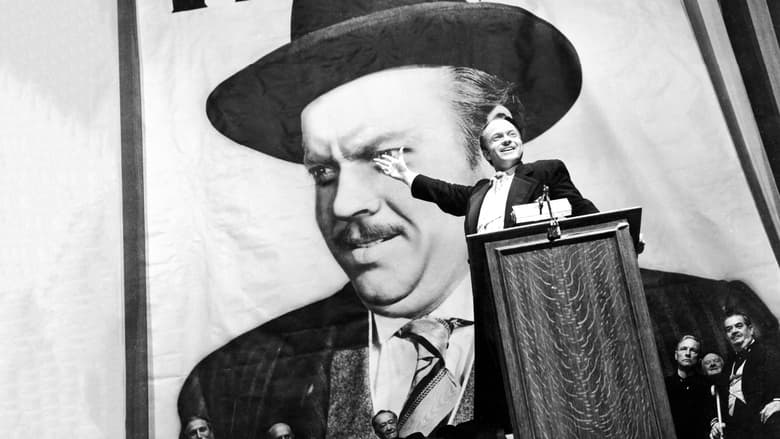A newspaper publisher, wanting to prove a point about the insufficiency of circumstantial evidence, talks his possible son-in-law Tom into a hoax in an attempt to expose ineptitude of the city's hard-line district attorney. The plan is to have Tom plant clues leading to his arrest for killing a female nightclub dancer. Once Tom is found guilty, he is to reveal the setup and humiliate the DA.


Similar titles
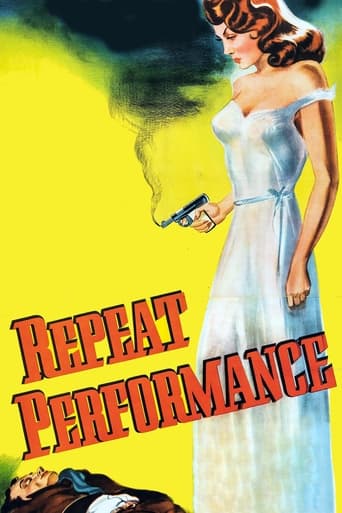


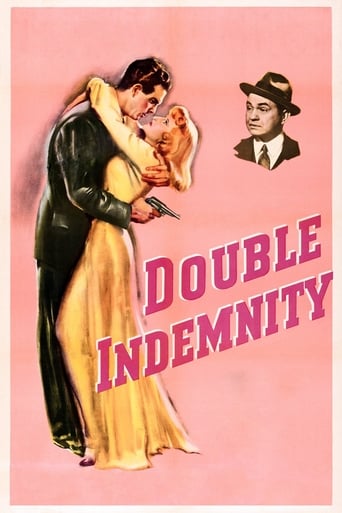
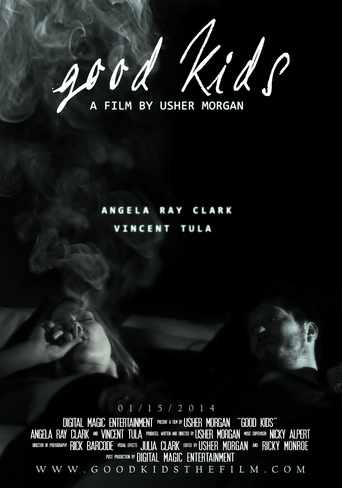
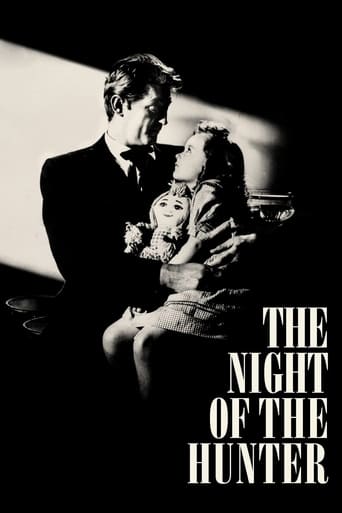
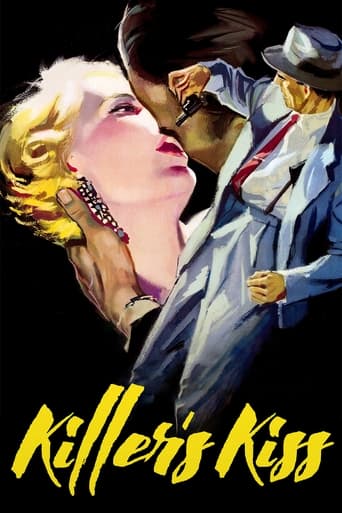
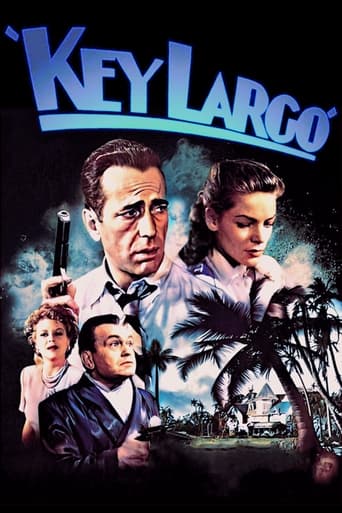
Reviews
PERHAPS SOMEONE HAD the idea of replicating Director Fritz Lang's success at both the critical level as well at the box office with the Spencer Tracy starring vehicle, FURY (MGM, 1936). Although the story lines aren't quite on the same level, they do feature a great deal of court room drama and all of the elements of the detective story; as well as definite influences from Noir Films.WHAT WE, THE members of the viewing audience are asked to do is bear witness to some highly methodical sorts of criminalized re-enactment of a murder. The police procedural aspect of the story and the e-x-t-e-n-d-e-d contrivances that are presented serve to grind the action to such a halt that seemingly goes on forever.IN TRYING TO be a little too smart and "cute" with the viewer, the script does some fancy twists, double twists and even a triple or two. When the final reality is revealed, we find ourselves saying, "But of course" rather than "Yeowww!! That's it!" THE CAST ASSEMBLED is better than average with some fine support given from the character players such as: Sidney Blackmer, Barbara Nichols, Arthur Franz, William Boyett and Dan Seymour. They did manage to get us pulling for them to somehow make this a better and more enjoyable film.OF THE PRINCIPAL players, Dana Andrews and Joan Fontaine are cast in the leads. While their efforts are commendable, they have been showcased to better advantage. Miss Fontaine in particular seems to be quite underused.AS AN ENTERTAINMENT, this is alright for an otherwise quiet day. You should see it once, just to say you did it. You'll be glad you did!
a film- noir who brooks in inspired manner the ordinaries rules of genre.the secret - precision of atmosphere build, the use of details, the acting who must be only correct and the final. result - a kind of puzzle who presents a new image , far to the expectation against the clue from title. that is the difficult fact, because Lang propose a different way for trip. and the viewer who desires see same story in different nuances, ignores the admirable craft who defines the master's signature. extraordinary in this case is the equilibrium. not the mistakes, at first sign, from script who does unrealistic few scenes, not the performance of actors who could seems be cold. but the work of director to give elegance to a story who impress for its refined elegance and subtle solutions. a good film ? maybe. more important, a high Fritz Lang.
Beyond a Reasonable Doubt is directed by Fritz Lang and written by Douglas Morrow. It stars Dana Andrews, Joan Fontaine, Sidney Blackner, Arthur Franz and Philip Bourneuf. Music is by Herschel Burke Gilbert and cinematography by William Snyder. Plot has Andrews as a writer who hatches a plan with his future father-in-law to expose the weakness in using circumstantial evidence to send suspects to the electric chair. The ruse is to plant "evidence" that will incriminate Andrews in a topical murder and see him sentenced to death. Then the two men will reveal their own photographic evidence to prove the folly of law and the death penalty. But it's a dangerous game to play, and fate and hidden secrets may have the ultimate say on the outcome?It was Fritz Lang's last American movie, after wowing cinema fans with such excellent pictures like M, The Big Heat, Scarlet Street and While the City Sleeps, it's safe to say that Beyond A Reasonable Doubt is not the great swansong many had reason to expect. There's nothing particularly impressive about the camera work or photography, while the sets look distinctly under nourished. But veering away from our yearnings for technical smarts, film finds Lang determined to prove a bitter based point whilst enjoying dangling his protagonist above a fascinating pit of ifs and maybes.The fascination comes from the court case that underpins the movie, as we observe the law unfurling its might, privy to the dangerous ruse perpetrated by Andrews' daring Guinea Pig. It feels cold in narrative, and most certainly that is intentional because the last fifteen minutes of film pulls the rug from under everyone and finally reveals its hand. It's then, as the end card appears, that the film comes full circle and delivers on the promise of a game of human chess. Where the winner is not innocence or guilt, but something that drives many a film noir picture, that which concerns the vagaries of fate.The main cast players rightly play it sedately, with Andrews calm and understated, and Fontaine regal like and serene in dialogue delivery. Best turns come from the support slots, with Blackner most interesting as the newspaper publisher-come potential father-in-law-come the man who originated the idea for the "hoax", and Barbara Nichols who charms and entertains as the air head dancer who becomes a critical pawn in this particularly tricksy game of deceit and suspicion. It's never overtly film noir until the last quarter, and really it's a court room/legal drama sprinkled with some less than sparkly dust. Yet in spite of the undeniable contrivances that reside within the plot, this is still prime Lang for the way it observes the law and the human condition that said law brings out of the skin. 7.5/10
Sometimes, in the world of 1940s-1950s film noir, we are given a film so transparently impossible and contrived that we can see ourselves giving up on watching it half way through. But is extremely rare that we are faced with a film where the very response the viewer is having holds the key to the success, rather than the failure, of the film.Such is the case with BEYOND A REASONABLE DOUBT, which has - to its credit - been completely misunderstood by many. When we reach the film's conclusion, we realize that even the title of the film itself is a joke, perhaps the ultimate prank on the viewer. Yet to offer analysis of the film would be to destroy its main and most sinister motive; you can't "explain away" the glaring plot holes and contrivances without revealing the twist the film takes in its climax, and to do would rob the viewer of a genuine experience. So... I won't.Suffice it to say, BEYOND A REASONABLE DOUBT is far more than it seems and is nothing without the sum of its parts, in total. Lang tackles the story of a person who creates a fictitious role for himself in order to, essentially, pull a fast one on the legal profession for personal gain (or, as it appears on the surface, someone else's). In the world of film noir, of course, we know that such a character won't get away with it, but when Lang depicts the tragedy the viewer knows will come, he majestically turns the entire premise on its head. As a result, it's a cold slap in the face - a devastating critique of the complicity of the audience in following along, hungrily, with such contrivances in cinema.Every part of the film fits perfectly by not fitting at all. Even the visual style of the film is a cold, rarely pleasing one, almost daring you to suspend your disbelief just a little bit longer without even granting the pleasure of emotionally charged close-ups at key moments. The editing is brutal and jarring, cutting away practically mid-sentence and moving to a similar conversation elsewhere.As a swan song to his Hollywood career, BEYOND A REASONABLE DOUBT does to the audience what Billy Wilder does to the industry in SUNSET BLVD. - biting the hand that feeds. The result is a total masterpiece.
